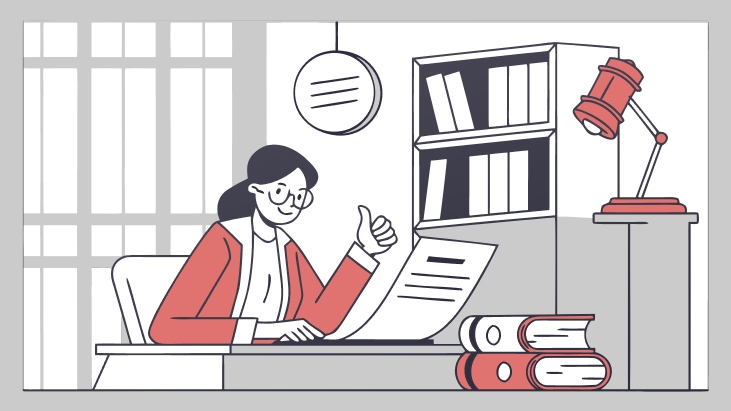Mike and Lisa loved their cottage rental experiences so much that they decided to buy their own vacation property. Like many Canadians exploring second home ownership, they quickly discovered that purchasing a second property involves different considerations than their primary residence purchase. Their journey highlights important aspects every potential second-home buyer should know.
Financing Your Second Home
The path to financing a second home differs significantly from your first property purchase. Lenders typically scrutinize second home purchases more carefully, requiring a larger down payment of 20-35% depending on intended use. You'll need to demonstrate a strong credit history and prove you can carry both mortgages under the stress test. For example, if you're considering a $500,000 vacation property, you'll need at least $100,000 as a down payment (20%), plus additional funds for closing costs.
Understanding Different Types of Second Homes
Vacation Properties
Your intended use of the property significantly impacts both financing options and ongoing responsibilities. Vacation properties purchased primarily for personal use require consideration of seasonal accessibility, maintenance during off-seasons, and specialized insurance for vacant periods.
Investment Properties
Take John and Amy's experience buying a rental property near a university. They discovered that investment properties require a different mindset and more careful financial planning. Lenders typically require a 20-35% down payment and scrutinize rental income potential, usually counting only 50-80% of expected rental income when qualifying you for a mortgage to account for vacancies and expenses.
When analyzing potential rental income, consider your complete financial picture. For instance, a property generating $2,500 in monthly rent needs to cover mortgage payments, property taxes, insurance, utilities (if included), property management fees (typically 8-12% of rent), maintenance fund contributions, and condo fees if applicable. You'll also need to plan for major repairs, renovations, tenant turnover costs, and vacancy periods.
It's also important to consider changes to short term rental properties and including recent taxes.
Financial Implications
Owning a second property impacts your finances well beyond the mortgage payment. You'll need to account for property taxes on both homes, utilities, maintenance, and insurance - which is often higher for second properties. The tax landscape also changes with a second property. Only one property can be designated as your principal residence for tax purposes, meaning you'll face capital gains tax when selling your second property. For rental properties, you'll need to report rental income but may also benefit from various tax deductions.
Location and Property Considerations
The location of your second home deserves careful consideration. Research year-round accessibility, especially for vacation properties in remote areas. Consider local amenities, future development plans, and natural hazards that might affect insurance requirements. The type of property also matters - condos offer lower maintenance but come with regular fees and potential special assessments, while detached homes provide more freedom but require more hands-on management of maintenance and repairs.
Smart Strategies for Buying your Second Property in Canada
Before committing to a second home purchase, develop a comprehensive financial plan that accounts for all expenses across both properties. Build a substantial emergency fund to cover unexpected repairs and maintenance at either property. If you're buying in an unfamiliar area, spend time there during different seasons to understand the year-round experience. Consider starting with a more manageable property - you can always upgrade later as you become more comfortable with second home ownership.
Frequently Asked Questions (FAQs)
Q: Can I use equity from my first home to buy a second property?
A: Yes, you can refinance your primary residence to access up to 80% of its equity for a down payment on a second home.
Q: Do I need different insurance for a second home?
A: Yes, second homes typically require specialized insurance, especially if they're vacant for extended periods or used as rental properties.
Q: What's a typical return on investment for rental properties?
A: Returns vary significantly based on location, property type, and market conditions. Most investors aim for positive cash flow after all expenses and a combination of rental income and property appreciation over time.
At Deeded, we understand the complexities of helping you close your purchase of a second home and can guide you through the legal aspects of the transaction. Our experienced real estate lawyers will help you navigate the purchase process, ensure all legal requirements are met, and protect your interests throughout the transaction.
We'll help you understand the legal implications of different ownership structures and ensure your second home purchase aligns with your long-term financial and personal goals.
Remember, while owning a second home can provide wonderful opportunities for family enjoyment or investment income, it requires careful planning and consideration. Working with experienced professionals who understand the nuances of second home purchases can help ensure your investment is sound and sustainable.
Unlock Your Seamless Closing Experience
Your Journey to a Worry-Free Closing Starts Here!



